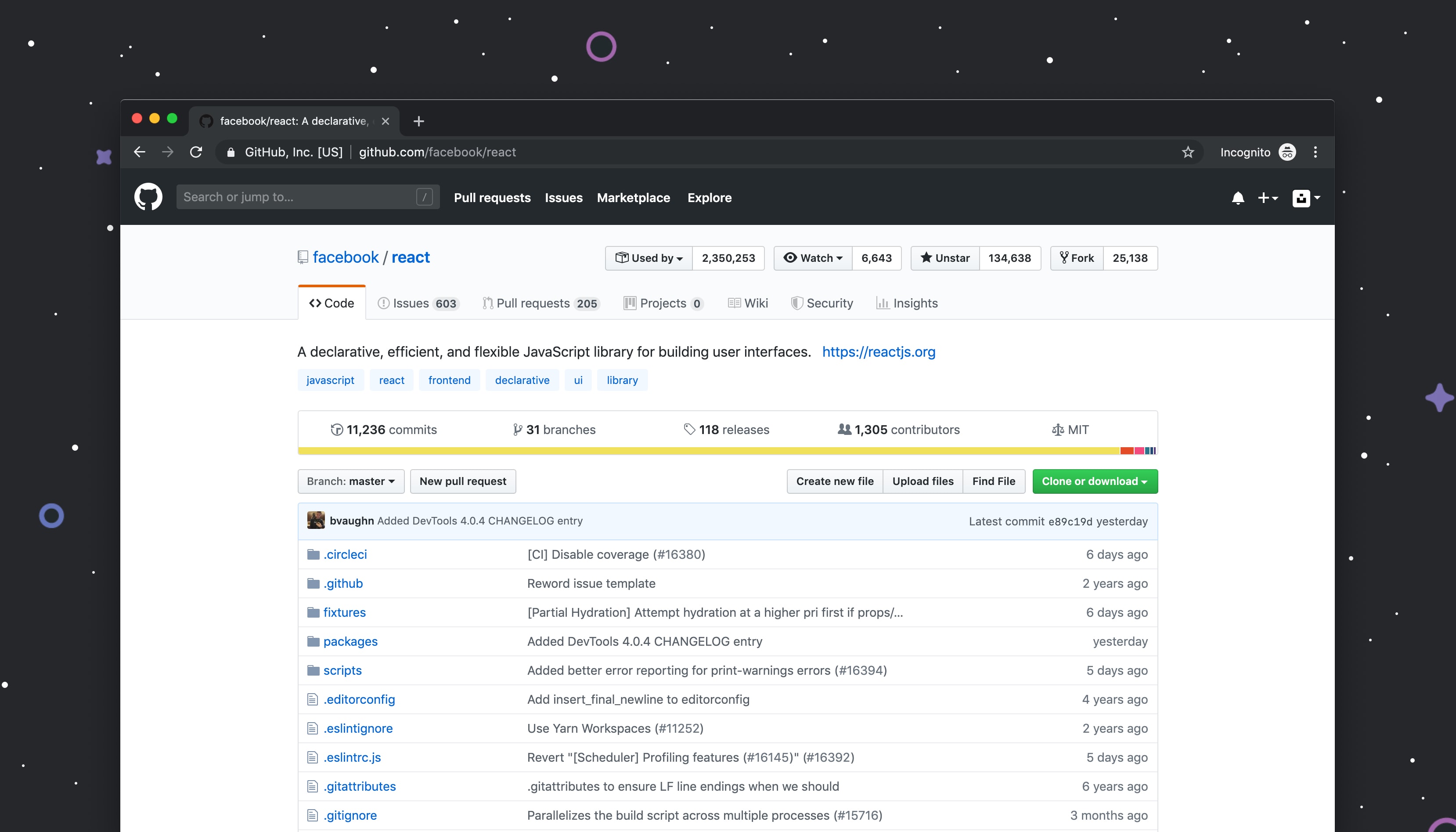
This is the second part of the “Tools of our trade for remote work” blog post. In the first one we wrote about the tools we used for team communication, for communication with our clients, and even revealed the story about how Whitesmith was born.
Code
Github and Trello are at the basis of our workflow. We use Github much as how Github uses Github to build Github (confused?). And Trello much as how Thoughtbot uses it to build software. This whole process is food for a whole other post.
We love Trello over other tools of the kind because not only works flawlessly but also because it’s hugely flexible. (See it for yourself - Trello it’s used in projects that can go from recruitment to wedding planning.) This is very important because, even though we have a default process of how we build software, we tend to adapt our workflow to the project we are working on.
Besides that, we use Codeship to run integration tests and deploy, Sentry to send alerts and keep a log of server exceptions, and Code Climate to check the hotspots of our code.
Sales
For sales, we are using the old but good spreadsheet, sometimes in parallel with Trello. We use these because:
1st - We’re still finding out what process is best for us. And spreadsheets are great for testing different processes - you can change it very easily. On contrary to specialized tools that usually restrict you to an already defined workflow.
2nd - We need to store various values for each lead, and make these visible at first sight so that we can easily analyze and compare them (i.e., I shouldn’t need to make clicks to view their details). And that’s why, for the case of some types of Sales Pipelines, Trello is in disadvantage when compared to spreadsheets.
3rd - Our business pipeline isn’t so big yet that makes it frustrating or even impossible to do via a spreadsheet.
Misc
Other tools that make our lives easier and deserve our reference, are:
- Hello Sign - which is good for signing documents online. This will save the work of printing out the document, sign it, scan it back into your computer, and only then send to the person you want to.
- Draft - a tool that makes possible to easily version whatever you are writing - a post, an email, etc - and receive feedback from our teammates, asynchronously. It’s like Github for writing. It has a lot of other strong features, and it keeps getting better.
It never ends
Even though we have now reached a stable set of tools, this doesn’t mean that we should stop trying new things, sometimes just for the sake of seeing what happens. That’s how better ones are found.
Everyone is different. So, applying the exact same tools and processes as Company-X would be just dumb. Every example that inspires us is (continuously) twisted and tweaked so that it fits Whitesmith’s reality.
Inspiration
Here are some blog posts from where we got some ideas from. Enjoy:
- MongoHQ - Making remote work and adventure in time and space
- Ryan Carson - How I manage 40 people remotely
- Zapier - How to manage a remote team
The Non-Technical Founders survival guide
How to spot, avoid & recover from 7 start-up scuppering traps.
The Non-Technical Founders survival guide: How to spot, avoid & recover from 7 start-up scuppering traps.

